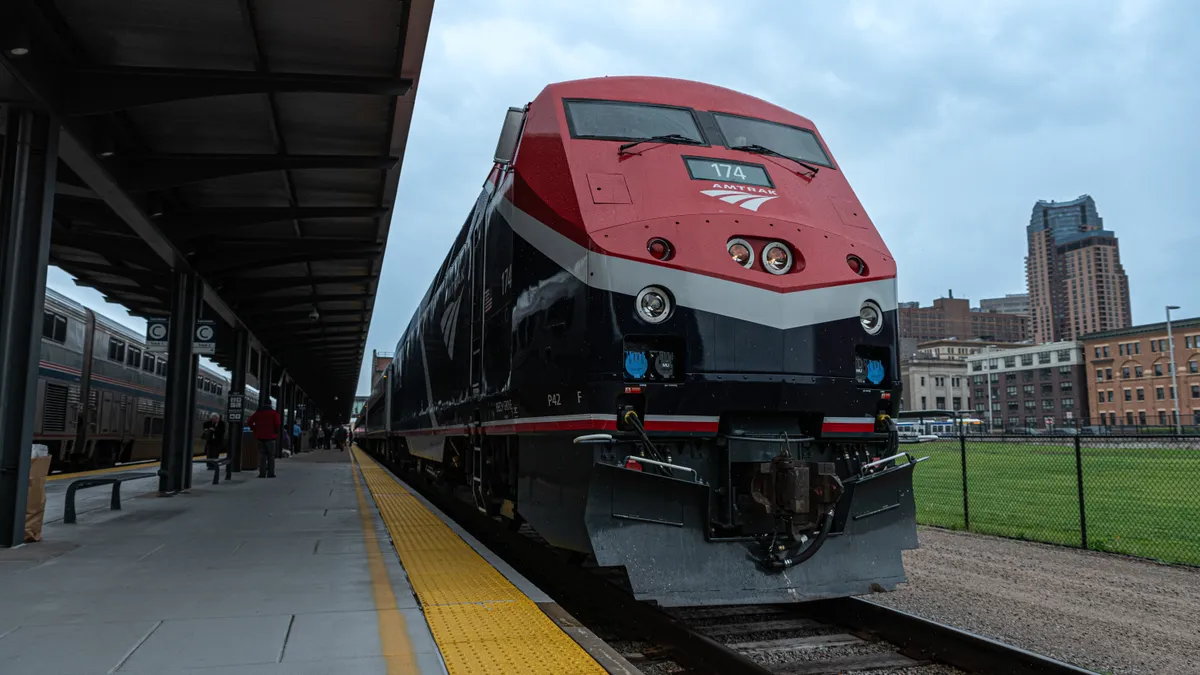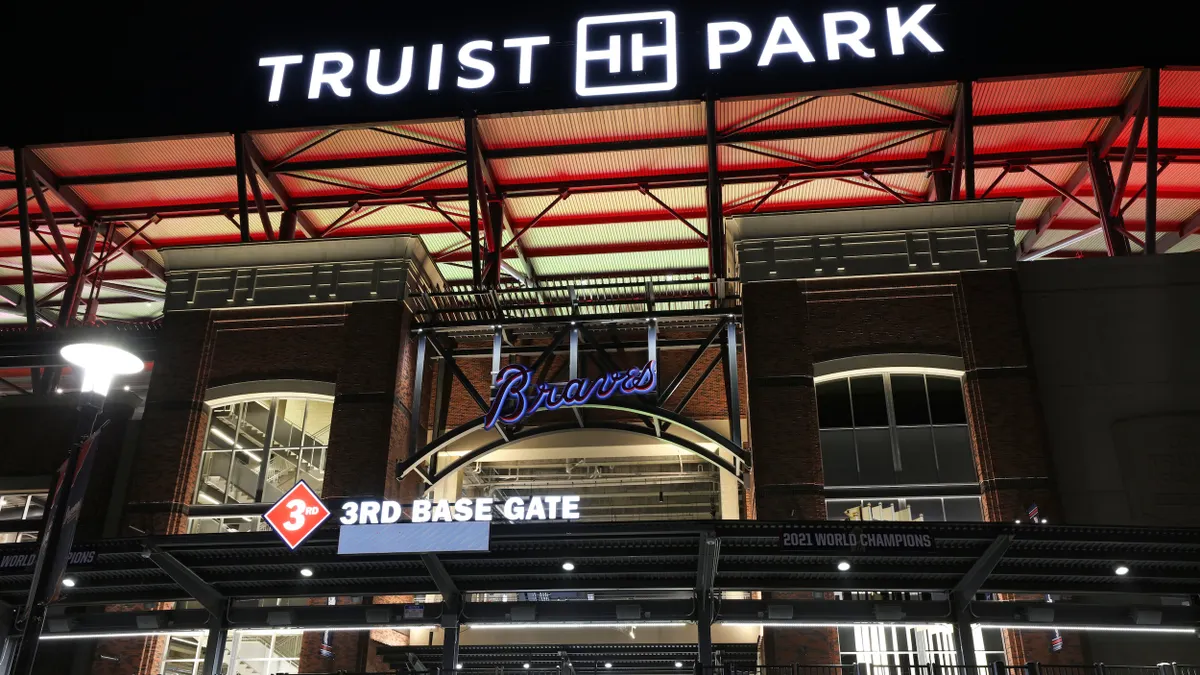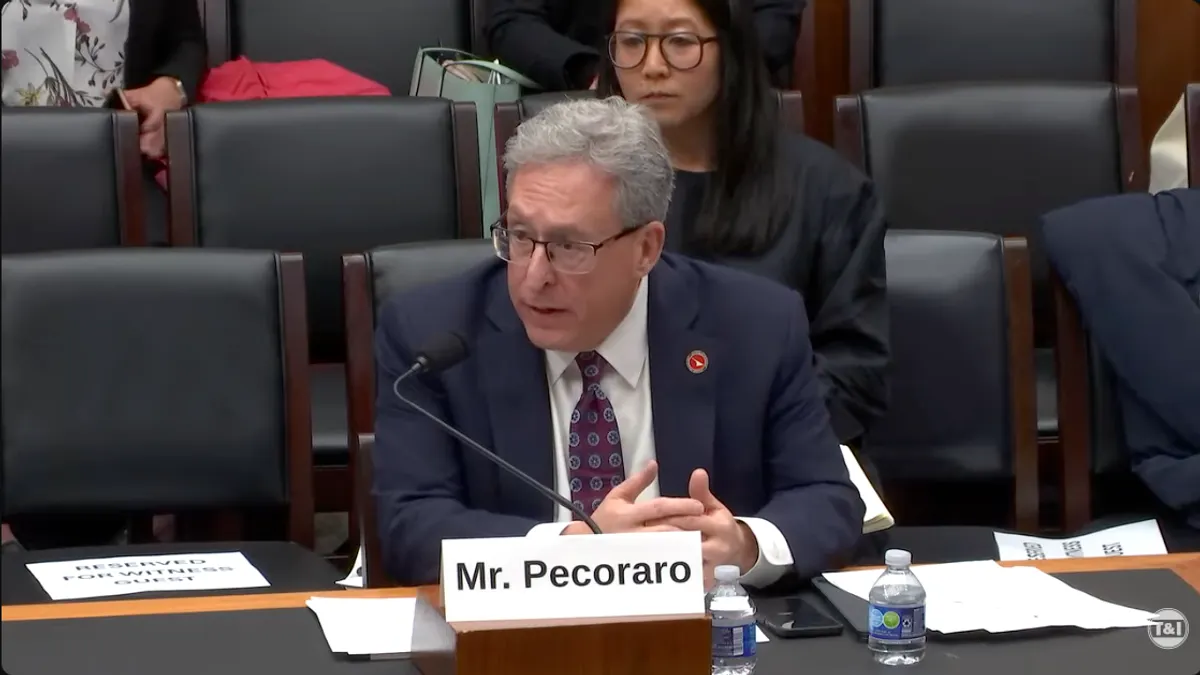Mayors sit at the helm of city growth and challenges, yet the past year proved momentous for progress in Vision Zero goals, confronting the damaging effects of climate change and gearing up for the future of work.
The 2019 results of Boston University’s Initiative on Cities Menino Survey of Mayors reveal the priorities and challenges that 119 mayors across major U.S. cities have confronted (and are continuing to face), like affordable housing, car dependencies, flooding and more.
We've compiled the report's six major takeaways:
1. Infrastructure is the key issue mayors would like addressed in the 2020 presidential election
Forty-five percent of mayors said infrastructure is the top city-related issue they'd like addressed in the upcoming presidential election, followed by affordable housing and climate change. Similar to the 2015 survey, mayors cited roads as one of their top infrastructure concerns.
Water, stormwater and wastewater were ranked as higher priorities this year than in 2015, with water topping the mayors' list of potential "big ticket" investment items, followed by mass transit and roads. The new focus on water could be attributed to the rise of extreme weather and the number of mayors having to deal with flooding and drainage issues, report author Katherine Levine Einstein said at a panel presentation on Tuesday.
2. Nearly half of mayors believe roads are unsafe for cyclists, but 77% still believe car speed limits are appropriate
Cyclist and pedestrian safety was also a point of concern among mayors. Nearly half of mayors believe roads are unsafe for cyclists, and 40% are worried about pedestrian safety. Less than 10% of mayors believe travel is unsafe for drivers or mass transit users.
Despite the concern for pedestrian safety, 77% of mayors still believe that speed limits are set appropriately even though reducing motor vehicle speed is a proven method to improve road safety, according to the report.
Mayors also appear to be misinformed about the safety of painted bike lanes. Eighty-two percent of mayors believe painted bike lanes are a good choice when separate bike lanes are too expensive to construct. That belief is misinformed, according to the report, as there's evidence that painted lanes might actually make roads more dangerous for cyclists.
3. Mayors believe cities are too dependent on cars
Seventy-six percent of mayors believe cities are too dependent on cars, and over half (66%) believe those cars are the biggest source of greenhouse gas emissions.
To help curb that reliance on cars, 71% of mayors think roads should be more accessible to cyclists even if parking or driving lanes to be replaced. But that belief appears to contradict the 60% of mayors who said their cities have the right amount of street parking, and the 27% that even worry there’s too little parking available. Parking takes up valuable land space, according to the report, and encourages car commuting.
"Parking is the third rail of local politics," Levine Einstein said. But if mayors want to make roads safer for residents and cyclists, parking needs to be reduced, she said.
4. 70% of mayors believe their cities should help curb climate change effects
A majority of mayors believe their communities should help reduce the effects of climate change, but partisan beliefs continue to split mayors' perceptions of the climate threat to cities. Ninety-two percent of Democratic mayors support actions dealing with climate change as opposed to 25% of Republican mayors.
Electric vehicles (EV) might hold the greatest promise for bipartisan climate action agreement among mayors. Forty percent of Republicans and 78% of Democrats are in favor of removing parking options for better EV charging infrastructure.
5. Mayors predict high tech jobs serving aging populations will boom
Mayors anticipate major changes in the ways that people work within the next five years. They predict growth in high tech jobs, particularly within health care and medicine catered to an aging population. They also anticipate a decrease in manual jobs due to automation, in addition to fewer jobs in retail and manufacturing.
To help prepare, mayors said they are targeting youth (79%) followed by people with criminal records (52%) with workforce development programs.
6. Over half of mayors believe opportunity zones will have a positive effect on economies
About two-thirds of cities now have at least one opportunity zone. Over half of mayors think the zones will have a positive effect on the local economy, and that a dedicated senior staff in city hall and an "opportunity zone investment prospectus" outlining priorities and specific opportunities, will be the key to success.
Fifty-five percent of mayors have assigned economic development directors or similar positions with the task of leading those efforts.




















